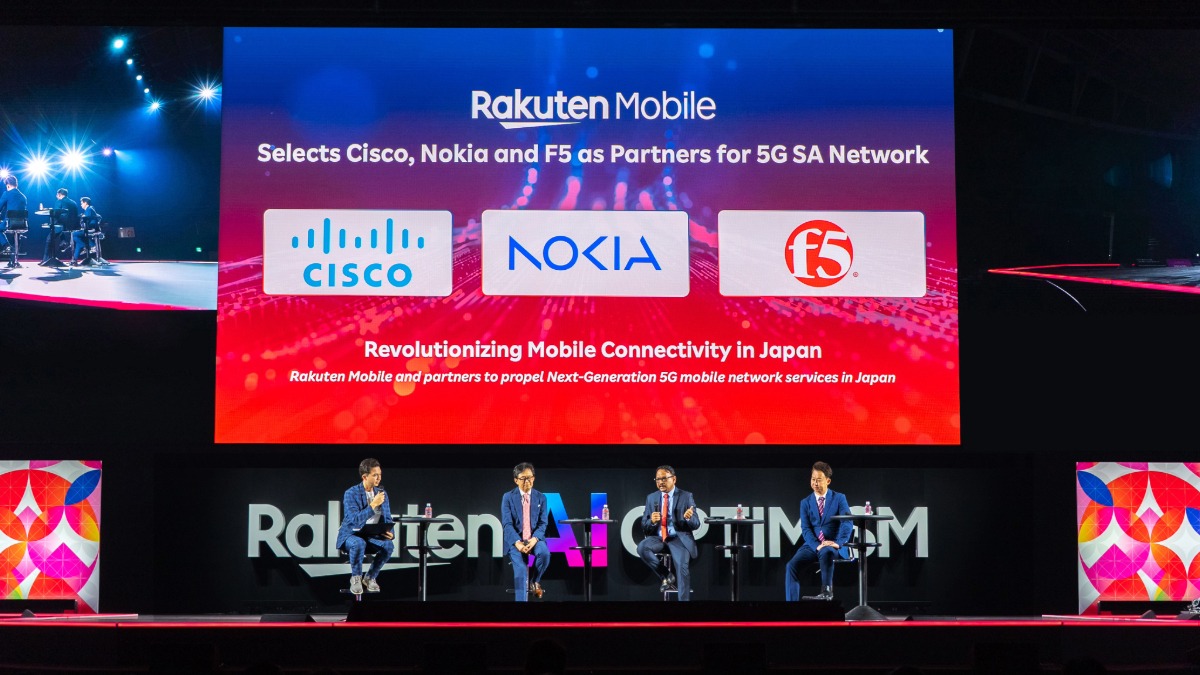LONDON, UK, July 9, 2002 - Cisco Systems today announced that it is working with Internet access providers across Europe to equip international airports with broadband technologies and enable high-speed, secure Internet access for business travellers on the move. In total 19 EMEA airports are using the Cisco Mobile Office, providing an ever-increasing number of business travellers with the benefits of wireless, high-speed Internet connectivity.
Cisco Mobile Office is a mobility solution that enables business professionals to have reliable and highly-secure broadband access to the Internet - on the move, at home, or at work. It combines a range of Cisco wired and wireless products and technologies, including Aironet Wireless Local Area Network (WLAN), Long-Reach Ethernet (LRE), Building Broadband Service Manager (BBSM) software, and Cisco's Virtual Private Network (VPN) technology, which supports secure remote-access from numerous devices, such as a laptop or personal digital assistant (PDA).
Airport authorities looking to improve their facilities for business travellers, increase revenue and embrace modern technology are turning to the Cisco Mobile Office to offer wireless connectivity from any computer device. Today's sophisticated business travellers are now able to securely access the Internet and their corporate networks, enabling them to be more productive while travelling from one location to another.
As the second busiest German airport, Munich airport handles up to 96,000 passengers a day and is a key hub for the travelling business community in Germany. To enable business travellers to use their time constructively while at the airport, Munich offers wireless Local Area Network (WLAN) access in terminal 1.
"The terminal has become a point of international communication, not just for passing through," said Michael Zaddach, Vice President Information Systems at Munich International Airport. "With Cisco's equipment we can help ensure that business travellers are able to conduct business while waiting for their flights. Waiting time has been made active time."
Ataturk Airport in Turkey incorporated the Cisco Mobile Office into the construction planning of the airport in 1999. The solution incorporates a customised service for travellers providing broadband wireless Internet access including flight and duty free shopping information. Cisco Mobile Office is also one of the highest quality mobile communication tools for airport workers on the ground giving Ataturk the leading edge in airport management and facilities.
"Ataturk airport was planned to be the principal international hub in Turkey and we wanted to offer business travellers the best facilities while on the move," commented Engin Arikan, General Manager of Mobynet, a leading wireless network service provider. "With all airport lounges, restaurants and bars equipped with wireless technology, customers can choose where to log on and work. Being able to access their corporate networks helps ensure they can be as productive as if they were at their office desk. Thanks to Cisco we are providing an indispensable service to our business customers."
Copenhagen Airports has installed Cisco access points, which provide wireless connectivity in convenient areas of the international part of the airport. "We designed the service to be as easy to use as possible with no specific software or laptop set-up requirements," said, Henrik Bjorner Soe, Director of Business Development at Copenhagen Airports. "When the service was first available we offered it to travellers free of charge. From February 2002 a charge is payable, but as all major credit cards are accepted the service continues to be very user friendly."
Market research firm IDC predicts that by 2006 there could be approximately 18,000 venues offering wireless and fixed connectivity in Western Europe. "Offering WLAN access to visitors will help location owners, like airport authorities, retain and gain visitor satisfaction. In addition, mobile operators are interested in providing WLAN access to complement their GPRS and UMTS offerings," said Jan Hein Bakkers, Research Analyst, IDC Networking Expertise Centre.
Gilles Nembe, Cisco Mobile Office Product Development Manager, EMEA at Cisco Systems, said: "With the proliferation of business travel and demand for business flexibility and remote working, Cisco Systems is looking forward to working with more international airports to provide the technology for a seamless, productive work experience for those on the move."




